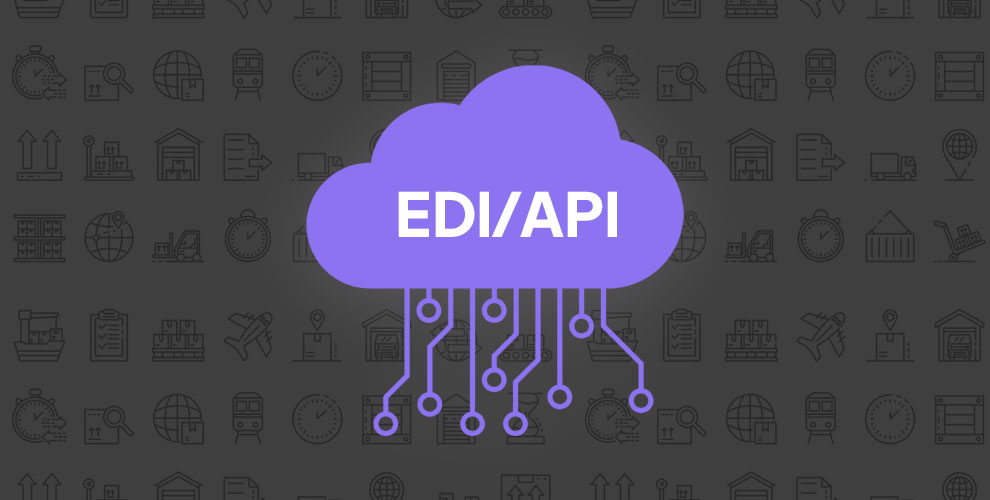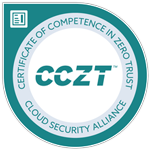
API Integration in Modern EDI Systems
Enhanced Real-Time Data Exchange
APIs facilitate real-time data sharing, allowing for immediate updates and access to information, unlike the batch processing characteristic of traditional EDI.
This real-time capability is crucial for applications like checking insurance eligibility, instant enrollment, and updating shipment statuses
Streamlined Partner Onboarding and Integration
APIs can significantly speed up the process of partner onboarding by automating data exchanges and customising integrations to suit different systems, whether they opt for EDI or API.
This automation extends to various operational aspects, such as conducting automated credit checks during partner onboarding
Operational Efficiency and Scalability
The automation and scalability offered by APIs complement the batch-driven and standardisation strengths of EDI.
APIs enable seamless, automated flow of EDI data and documents to other platforms, enhancing operational efficiency and scalability to meet growing business demands.
Improved Error Handling and Data Integrity
Automated API integrations reduce human errors, ensuring data integrity.
Any discrepancies or errors in data exchange halt API calls, preventing the propagation of errors and enhancing system reliability
Versatility in Use Cases
Beyond traditional EDI transactions, modern API-based integrations support a wider array of use cases, including refunds, returns, and reconciliations.
This extends the utility of EDI systems to cover more operational needs within the supply chain
Comprehensive Integration Solutions
Consolidating integration needs across APIs and EDI, enterprise platforms enable centralised data visibility, performance monitoring, and enhanced security, addressing both traditional and modern integration challenges.
Conclusion
The synergetic integration of EDI and APIs is not just about maintaining existing EDI investments but about embracing digital transformation to meet the dynamic requirements of modern business environments.
This integrated approach fosters real-time tracking, improved stakeholder collaboration, and the agility to adapt to market changes and customer needs, thereby revolutionising supply chain management.
For businesses contemplating the integration of EDI and APIs, the focus should be on selecting platforms and strategies that offer flexibility, real-time data exchange capabilities, and scalability.
This will not only preserve the value of existing EDI investments but also ensure the business is poised for future growth and innovation
References
IBM. (2024). EDI with APIs makes supply chain sense.
https://www.ibm.com/blog/edi-with-apis-makes-supply-chain-sense






